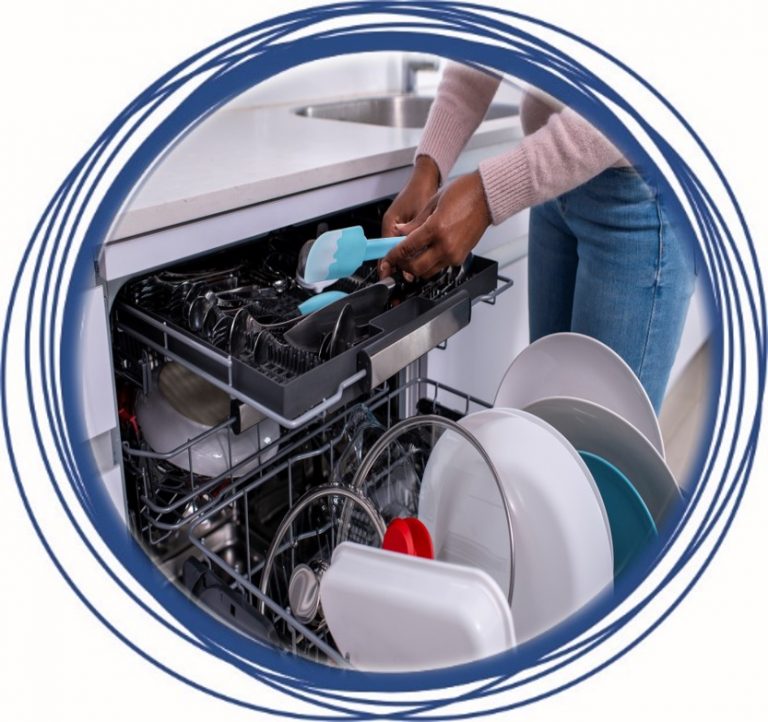Hot water and geyser management
Heating water consumes the highest amount of energy in the average household. Understanding your hot water consumption habits is a key component of any energy-saving strategy. Knowing what the right system is for your home can greatly reduce your energy consumption, minimise water wastage and save you money in the long run.
One of the most effective measures you can take to curb your home’s need for water heating is to use less hot water. Ultimately, the less water your geyser must heat up, the less energy it consumes. There are various tangible measures you can take to help reduce your hot water consumption and in turn use less energy.
Heating:
Heating water consumes the highest amount of energy in the average household. Understanding your hot water consumption habits is a key component of any energy-saving strategy.
Check the temperature setting of your geyser
A lower temperature setting on your geyser means that less energy is consumed for water heating. Lower the temperature on your geyser to 60°C; and save on your water heating costs. You’ll save 3 to 5 % for every 10-degree reduction*.
Take short showers instead of baths:
Your savings here depend on your and your family’s habits. Taking a short shower uses much less hot water than filling a bath. A warm bath is a nice luxury, but for daily bathing stick to a short shower. Modern energy efficient showerheads use half as much water as older showerheads.
- Don’t put of fixing a leaking tap. A tap with a slow leak (60 drips/minute) wastes 11 935 litres of water per year.
- If that leak happens to be coming from the hot water tap, you’re not only paying for wasted water but electricity too.
Use your dishwasher efficiently, wash only full loads, choose shorter wash cycles, and activate the booster heater if your dishwasher has one. For further information hot water management brochure.

